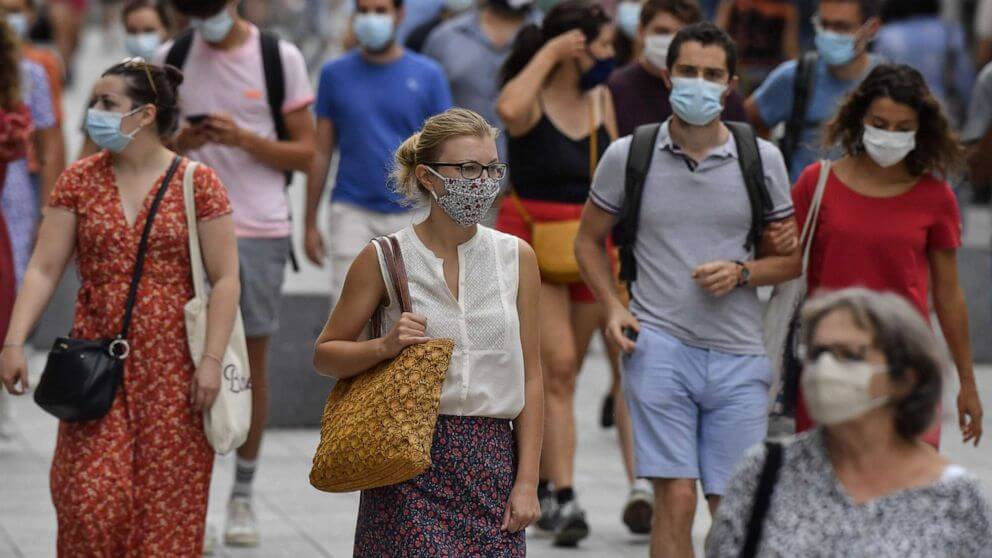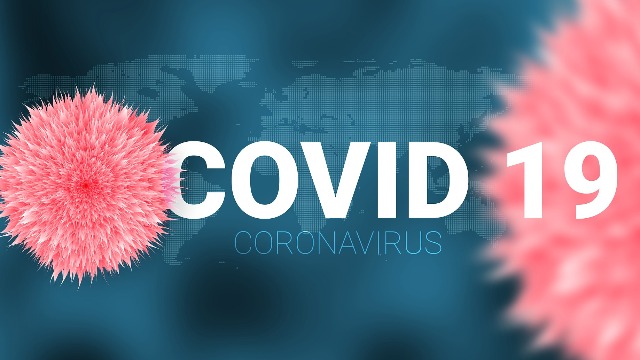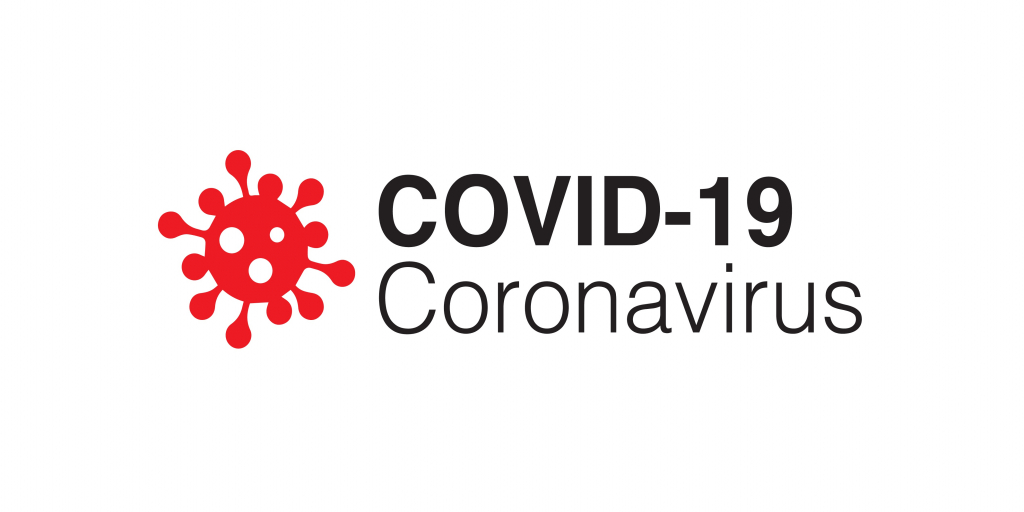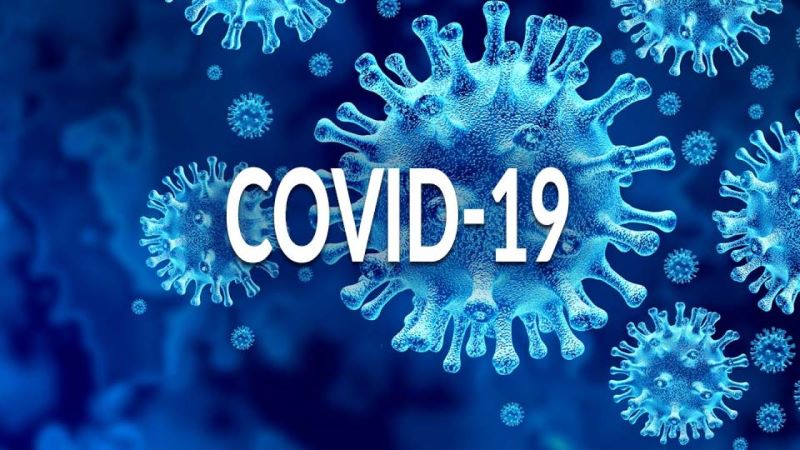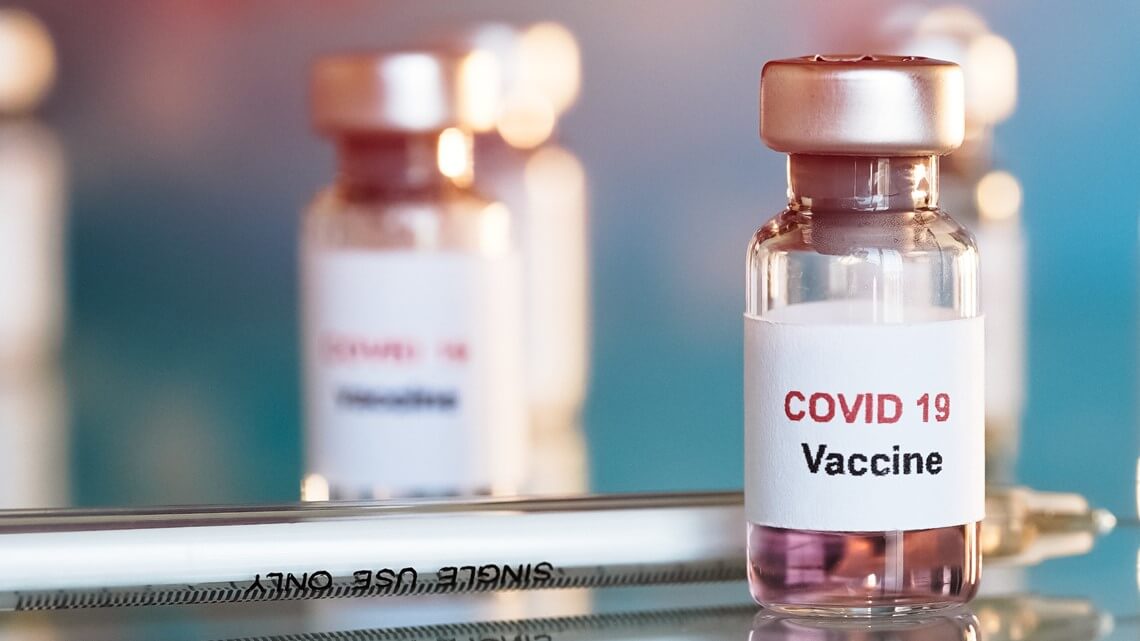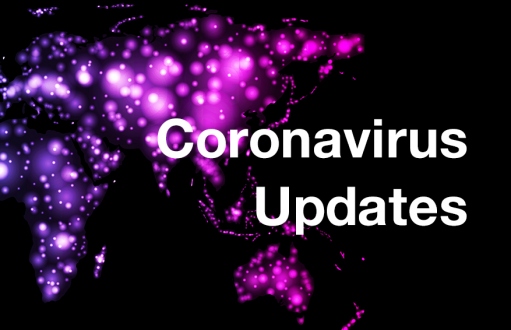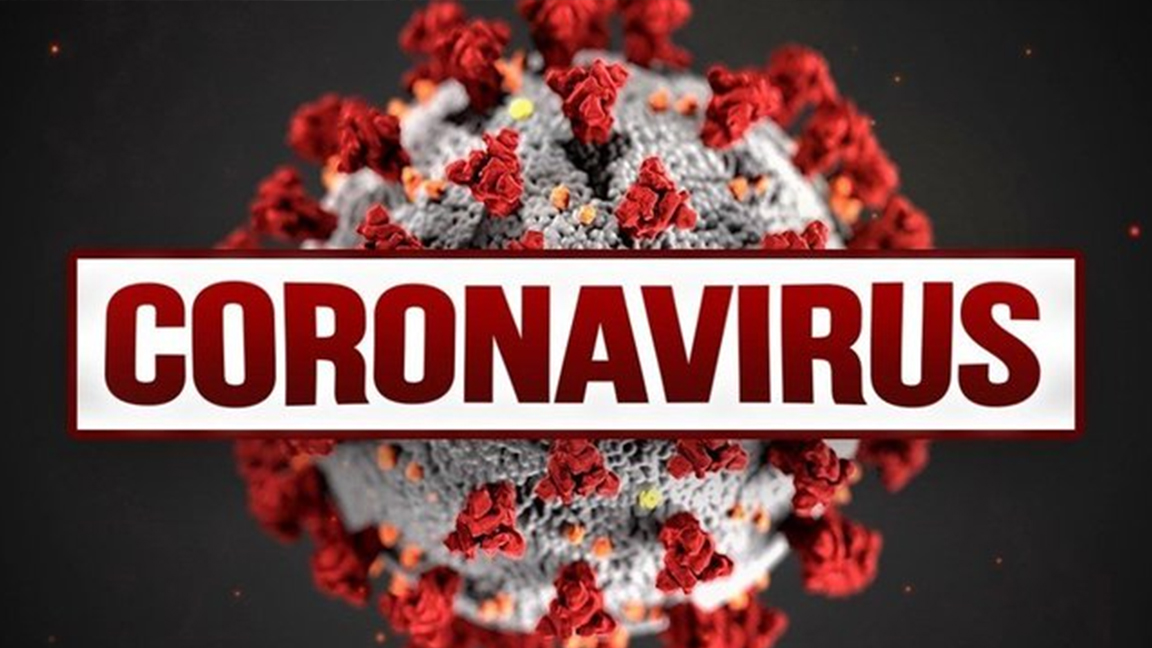Oxford/AstraZeneca jabs effective against severe Covid, new trial in US confirms
Tue 23 Mar 2021, 12:12:04
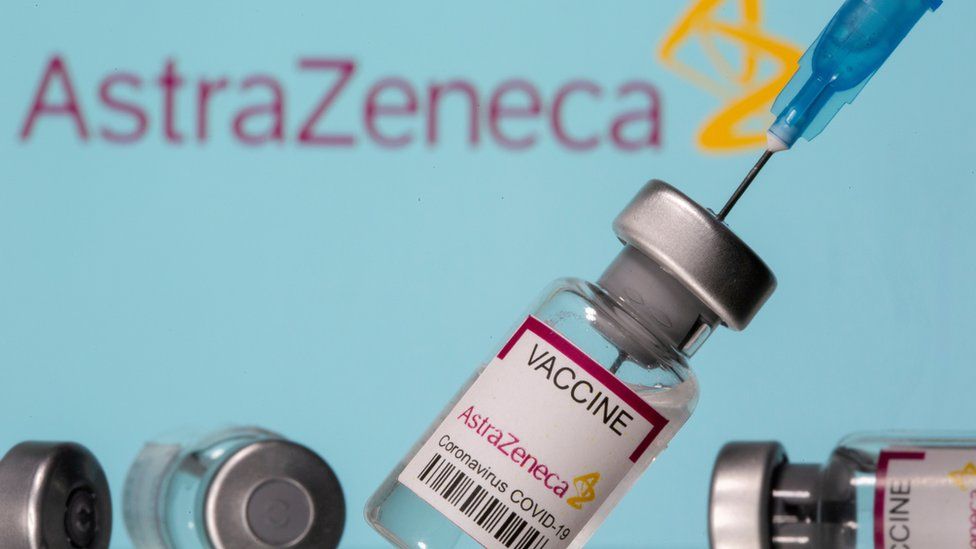
London: A large trial in the US and two South American countries of the Oxford-AstraZeneca vaccine has shown 79 per cent efficacy rate at preventing symptomatic COVID-19 and 100 per cent effectiveness in stopping severe disease and hospitalisation, the biotech firm said on Monday.
A Phase III study of the vaccine, developed by Oxford University and produced by AstraZeneca was conducted by AstraZeneca plc in the US, Chile and Peru and reaffirmed that the vaccine is safe and highly effective , adding to previous trial data from the UK, Brazil and South Africa.
The Oxford/AstraZeneca vaccine is also being produced as part of a tie-up by the Serum Institute of India.
The vaccine's efficacy was consistent across ethnicity and age, and in participants aged 65 years and over, its effectiveness was 80 per cent.
These results are great news as they show the remarkable efficacy of the vaccine in a new population and are consistent with the results from Oxford-led trials, said Andrew Pollard, Professor of Paediatric Infection and Immunity and Lead Investigator of the Oxford University trial of the vaccine.
We can expect strong impact against COVID-19 across all ages and for people of all different backgrounds from widespread use of the vaccine, he said.
In the trial, which recruited over 32,000 volunteers across all age groups, the participants received either two standard doses of the Oxford-AstraZeneca vaccine or a placebo vaccine, at a four-week interval.
Oxford University said that the absolute efficacy of the jabs is higher in the new study than observed in the Oxford-led studies, as efficacy is affected by the protocol case definition i.e. higher for more severe cases and the population in which the study is conducted.
In many different countries and across age groups, the vaccine is providing a high level of protection against COVID-19 and we hope this will lead to even more widespread use of the vaccine in the global attempts to bring the pandemic to an end, said Sarah Gilbert, Professor of Vaccinology, and co-designer of the ChAdOx1 nCov-19 coronavirus vaccine named AZD1222 by AstraZeneca.
The British-Swedish biopharma company will now be submitting the data for analysis by the scientific community in peer-review literature, and to the regulators in the US the Food and Drugs Administration (FDA) for emergency approval for use.
These findings reconfirm previous results observed in AZD1222 trials across all adult populations but it's exciting to see similar efficacy results in people over 65 for the first time. This analysis validates the AstraZeneca Covid-19 vaccine as a much-needed additional vaccination option, offering confidence that adults of all ages can benefit from protection against the virus, said Ann Falsey, Professor of Medicine, University of Rochester School of Medicine, US, and co-lead Principal Investigator for the trial.
The vaccine was found to be well tolerated, and the independent
Data Safety Monitoring Board (DSMB) identified no safety concerns related to the vaccine.
Data Safety Monitoring Board (DSMB) identified no safety concerns related to the vaccine.
Amid recent concerns emerging in Europe, the DSMB conducted a specific review of thrombotic events, as well as cerebral venous sinus thrombosis (CVST) with the assistance of an independent neurologist.
The DSMB found no increased risk of thrombosis (blood clot) or events characterised by thrombosis among the 21,583 participants receiving at least one dose of the vaccine. The specific search for CVST found no events in this trial.
Mene Pangalos, Executive Vice President, BioPharmaceuticals R&D, said: These results add to the growing body of evidence that shows this vaccine is well tolerated and highly effective against all severities of COVID-19 and across all age groups.
We are confident this vaccine can play an important role in protecting millions of people worldwide against this lethal virus. We are preparing to submit these findings to the US Food and Drug Administration and for the rollout of millions of doses across America should the vaccine be granted US Emergency Use Authorisation.
Amongst participants in the interim analysis, approximately 79 per cent were white/Caucasian, 8 per cent black/African American, 4 per cent native American and 4 per cent Asian, and 22 per cent of participants were Hispanic.
Approximately 20 per cent of participants were 65 years and over, and approximately 60 per cent had comorbidities associated with an increased risk for progression of severe COVID-19, such as diabetes, severe obesity or cardiac disease.
Previous trials have shown that an extended interval of up to 12 weeks demonstrated greater efficacy, which was also supported by immunogenicity data.
The latest trial included two doses administered at a four-week interval, which evidence suggests administration of the second dose with an interval longer than four weeks could further increase efficacy and accelerate the number of people who can receive their first dose.
The vaccine can be stored, transported and handled at normal refrigerated conditions for at least six months and administered without the need for preparation within existing healthcare settings.
AstraZeneca said that it continues to engage with governments, multilateral organisations and collaborators around the world to ensure broad and equitable access to the vaccine at no profit for the duration of the coronavirus pandemic.
AZD1222 was co-invented by the University of Oxford and its spin-out company, Vaccitech. It uses a replication-deficient chimpanzee viral vector based on a weakened version of a common cold virus (adenovirus) that causes infections in chimpanzees and contains the genetic material of the SARS-CoV-2 virus spike protein.
After vaccination, the surface spike protein is produced, priming the immune system to attack the SARS-CoV-2 virus if it later infects the body.
No Comments For This Post, Be first to write a Comment.
Most viewed from Coronavirus Updates
Most viewed from Health
AIMIM News
Latest Urdu News
Most Viewed
May 26, 2020
Do you think Canada-India relations will improve under New PM Mark Carney?
Latest Videos View All
Like Us
Home
About Us
Advertise With Us
All Polls
Epaper Archives
Privacy Policy
Contact Us
Download Etemaad App
© 2025 Etemaad Daily News, All Rights Reserved.


